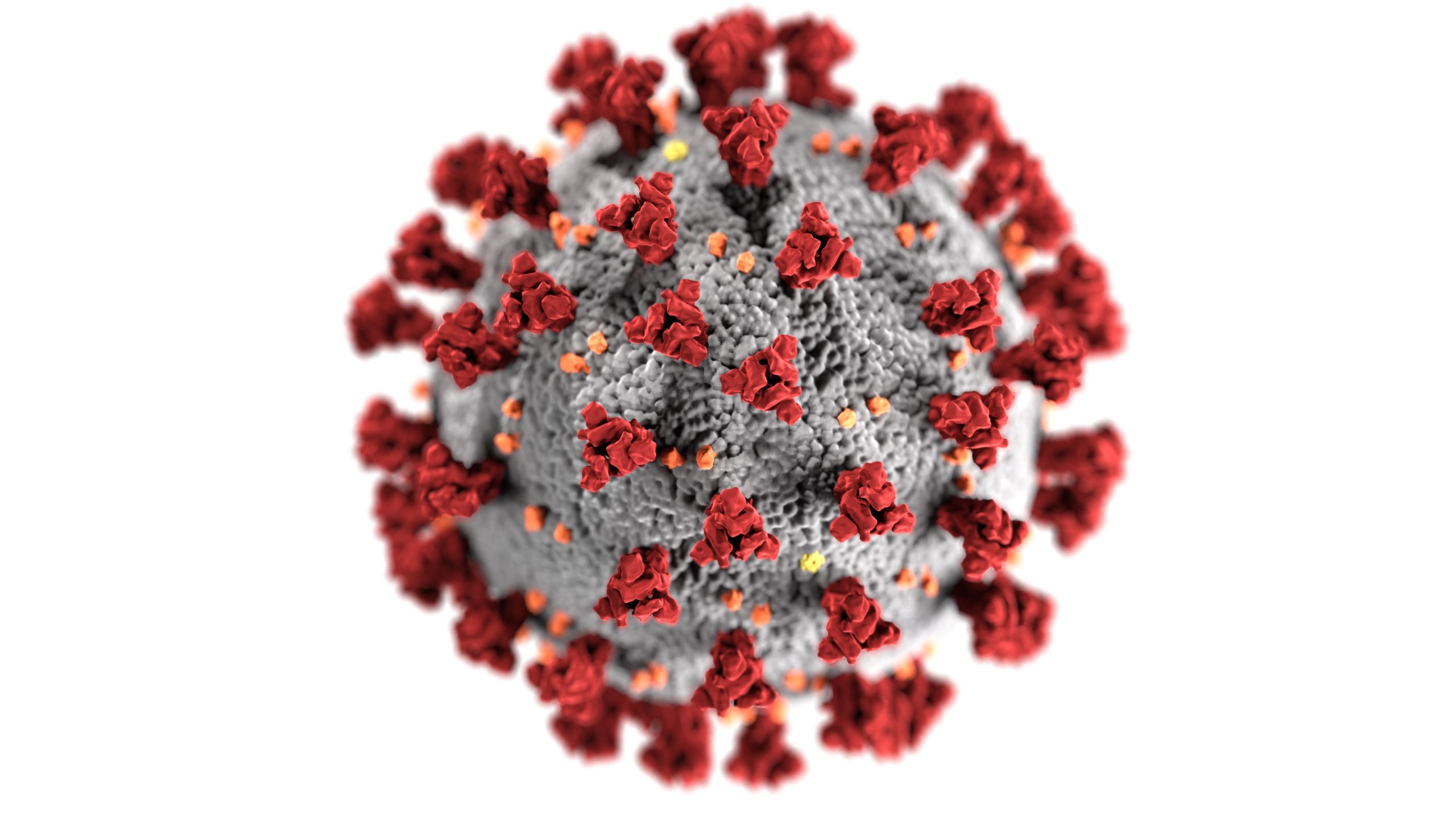This discussion paper from researchers affiliated with the National Academy of Medicine identifies strategies to increase access to evidence-based treatment for opioid use disorder (OUD) in health care settings. Effective OUD treatment includes access to medications such as methadone, buprenorphine, or extended-release naltrexone as well as opportunities to receive additional services such as behavioral counseling, case management, and peer support. Continue reading
Resource Tag: Medication Assisted Treatment
Medication assisted treatment
Methandone
Buprenorphine
Naltrexone
Vivitrol
Opioid treatment program (OTP)
Office based opioid treatment (OBOT)
Drug Addiction Treatment Act (DATA) waiver
Opioid Use Disorder: Barriers to Medicaid Beneficiaries’ Access to Treatment Medications
The U.S. Department of Health and Human Services has prioritized expanding access to medication assisted treatment (MAT) for opioid use disorder (OUD) as an evidence-based treatment. Because many individuals with OUD are Medicaid beneficiaries, this U.S. Governmental Accountability Office report looked at state Medicaid policies and state and federal laws that might act as a barrier to Medicaid patients accessing MAT. Continue reading
How Community Health Centers are Addressing the Opioid Epidemic
This case study profiles how a federally qualified health center (FQHC) in New York provides integrated medical and behavioral health care services for individuals with opioid addiction. Continue reading
Get Waivered
A link to the Get Waivered website which helps clinicians obtain Drug Enforcement Administration -X waivers to prescribe buprenorphine for opioid use disorder (OUD). They provide free waiver training as well as support for creating buprenorphine programs in emergency departments and strategies from the field of behavioral economics to help departments adopt new practices to treat OUD. Continue reading
Applying the Evidence: Legal and Policy Approaches to Address Opioid Use Disorder in the Criminal Justice and Child Welfare Settings
A comprehensive report on increasing access to evidence-based treatments for substance use disorder in the criminal justice and child welfare systems from researchers at the Addiction & Public Policy Initiative of the O’Neill Institute for National and Global Health Law at Georgetown Law Center. The report specifically addresses increasing access to medications to treat opioid use disorder (MOUD) in jails and prisons, in treatment court settings, and in the child welfare system. The report reviews programs in multiple states and summarizes legal, legislative and fiscal strategies to implement and manage evidence-based, public-health focused interventions in these settings. Continue reading
Medication-Assisted Treatment and Other Behavioral Interventions for Opioid Use Disorder: Evidence, Guidelines, Policies, and Service Delivery Models – Rapid Review
This 2019 systematic review assesses the evidence for the effectiveness of behavioral health interventions as part of a medication-assisted treatment (MAT) regimen for opioid use disorder (OUD). The report also evaluates clinical practice guideline recommendations for behavioral health treatments as a part of MAT and describes 3 service delivery models that implement low-threshold MAT programs in Missouri, Virginia and in the Veterans Health Administration. Continue reading
ED-Initiated Buprenorphine – Resources for Providers
The Yale School of Medicine’s website contains comprehensive resources for providers interested in setting up a program to initiate buprenorphine treatment for individuals with opioid use disorder (OUD) seen in the emergency department (ED). Continue reading

COVID-19
The COVID-19 public health emergency is particularly challenging for people in treatment for substance use disorder, people in recovery, and people who use drugs. This collection features educational resources that can be adapted for local settings, specific guidance on harm reduction, recovery housing and providing peer support services during the pandemic, and links to websites that provide high-quality information, data, and/or examples for local communities to adopt. Continue reading
Patient Tip Sheet: Take Home Doses of Methadone- English and Spanish Language
This 1-page patient guide focuses on safe use of methadone take home doses during the COVID-19 pandemic. Includes both English and Spanish language versions. Continue reading
Montefiore Buprenorphine Treatment Network COVID-19 Response Memo
This memo outlines policies adopted by Montifiore Health System to continue patient access to buprenorphine treatment during the COVID-19 pandemic. Continue reading